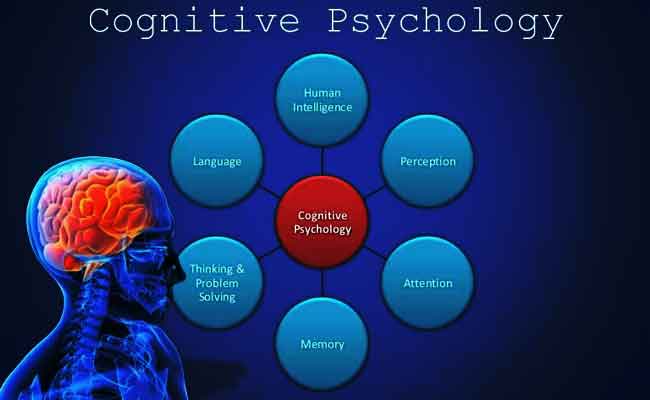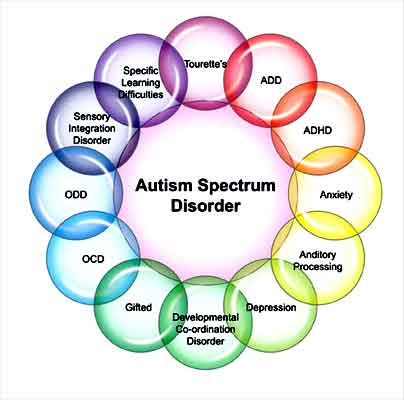Cognitive psychology is a branch of psychology that deals with the study of mental processes like attention, memory, perception, problem-solving, and language acquisition. The central theme of cognitive psychology is how people acquire, process, and store information. This field of study has been widely researched and has led to the development of various theories and models that explain the functioning of the human mind.
One of the primary areas of research in cognitive psychology is attention. Attention is the ability to focus on a particular stimulus and exclude other distracting stimuli. Researchers have studied the different types of attention, including selective attention, sustained attention, and divided attention. Selective attention is the ability to focus on a particular stimulus while ignoring others. Sustained attention is the ability to maintain attention over a long period, and divided attention is the ability to attend to multiple stimuli simultaneously.
Another area of research in cognitive psychology is memory. Memory is the ability to encode, store, and retrieve information. Researchers have studied different types of memory, including sensory memory, short-term memory, and long-term memory. Sensory memory is the brief storage of information that enters the senses. Short-term memory is the temporary storage of information that is currently being used. Long-term memory is the permanent storage of information that can be retrieved at a later time.
Problem-solving is another essential area of research in cognitive psychology. Problem-solving involves using information to solve a problem or reach a goal. Researchers have studied the different approaches to problem-solving, including trial and error, algorithmic, and heuristic. Trial and error involve trying different solutions until a successful one is found. Algorithmic involves using a specific set of rules to solve a problem, and heuristic involves using a general problem-solving strategy that is not guaranteed to be successful but is more likely to be successful.
![]()





